The Fourth of July is right around the corner, and one of the many time-honored traditions in the United States for Independence Day is to recognize and appreciate the many freedoms and rights that people enjoy in the United States.
However, on this Fourth of July, we want to celebrate something a little different. One of the reasons cryptocurrency was developed was to help create more economic freedom in the world, and so we want to recognize a few of the ways in which Bitcoin is trying to improve economic and financial freedom for people around the globe.
Before we get into all the ways that bitcoin offers “economic freedom”, let’s first try to understand what it means to be economically free. Though the definition of economic freedom varies slightly around the globe, it is usually a composite measure of 12 different measures, such as trade freedoms, investment freedoms, tax burdens, and property rights. In short, economic freedom measures the rights of people to control their own labor and property, both domestically and internationally.
In practice, would you be motivated to work hard if your savings could be unjustly confiscated at any moment? Or how would you react if large sums of money were printed, dramatically decreasing the value of the money you possess? In many developed countries like the United States, democratic rule of law protects against such scenarios. Yet for billions of people worldwide, this is a distressing possibility. Bitcoin was developed as a currency, and system, to counter some of the difficulties found in the traditional economic system around the world.

Bitcoin promotes a non-discriminatory financial system
One of the most prominent features of Bitcoin is the somewhat anonymous nature of the transactions that are stored on its network. To create a wallet or to make transactions with bitcoin, there is no requirement to provide personal information, such as a name, address, race, ethnicity, gender, or sexual orientation. Anyone with an internet connection can create a wallet, get paid in crypto, and accrue wealth — all without providing any personal information.
Due to the nature of the network, bitcoin offers immigrants and members of various minority communities the ability to access a fair and equitable financial system. For those who have struggled to gain access to banking services due their gender, race, or sexual orientation, bitcoin is a breath air.
Bitcoin is a global network
The bitcoin network is an open, global network, removing the barriers of borders. It allows every person in the world to transact on a shared network, in the same way the internet provides a uniform network for communication. This is especially important for remittances, reducing transaction fees and times of costs of cross-border payments. Though there might be other blockchain networks that offer cheaper costs and quicker times for cross-border payments, bitcoin was the first network to provide an alternative to the traditional options of sending money through banks or money services businesses.
This is particularly important for people who reside in geographic locations with weak banking infrastructure. In areas that have little to no access to formal financial systems, bitcoin provides a secure, convenient way to access financial markets and send money across borders.
Bitcoin is an open network
Anyone can participate and run the bitcoin software that helps the network grow. This feature helps keep the network distributed around the world and helps keep it secure. More importantly, this means that the network itself is not controlled by governments that can use their monetary systems to hinder economic freedom (and prosperity). This design principle leads to more open markets and increases trade freedom, investment freedom, financial freedom, and monetary freedom.
Rather than people and policies, the governance of bitcoin is controlled by mathematics and a decentralized system. With that being said, even though bitcoin is designed to operate without the oversight of government or corporate officials, it is still subject to government regulations in certain jurisdictions — and the use of bitcoin is usually regulated at the points where it touches the traditional banking system.

Current bitcoin price
Bitcoin enforces property rights
Property rights allow people to save their income, grow their wealth, and plan for the long term because they know the fruits of their labor are safe from unfair seizure or theft. Before bitcoin, confidence in property rights was dependent upon the trustworthiness of your local government and the respect they had for the rule of law which was established by them. With bitcoin, anyone can acquire and grow their wealth without intervention from trusted third parties, such as a government or a bank. Since no one entity controls or governs bitcoin, users don’t have to fear that they will ever have their assets taken by a government.
Since the bitcoin network is a ledger that records every transaction that has ever, and will ever occur, on its network, there will be any unsettled disputes about the property rights of bitcoin.
Bitcoin is a non-inflationary asset
In short, inflation is a decrease in the purchasing power of money, reflected in a general increase in the prices of goods and services in an economy. This can occur when the increase in money circulating in an economy is higher than the increase in goods produced — this often occurs when a government decides to just print a lot of money.
Though there are many people on both sides of the argument about whether or not bitcoin is inflation-resistant, most people would agree that bitcoin, by nature, acts differently than fiat currency because there is a finite supply. Whereas the supply of fiat currency can be increased infinitely, bitcoin’s circulation supply is capped at 21 million. This, in theory, should offer a little bit more protection for people who use bitcoin.
How bitcoin promotes economic freedom: a recap
Bitcoin is a decentralized, peer-to-peer payment system that is not controlled by any one individual or entity. Because of these characteristics, bitcoin promotes financial and economic freedom. Due to its openness and global nature of the network, bitcoin protects against descrimination, allows for quicker and cheaper cross-border payments than traditional financial systems, and protects property rights, amongst many other reasons.


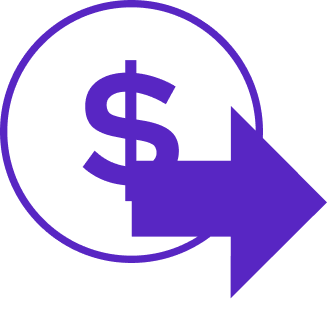
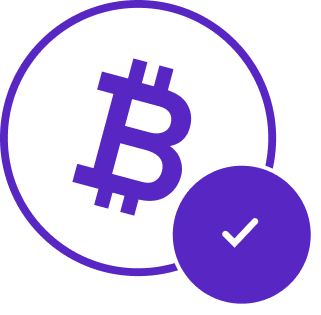
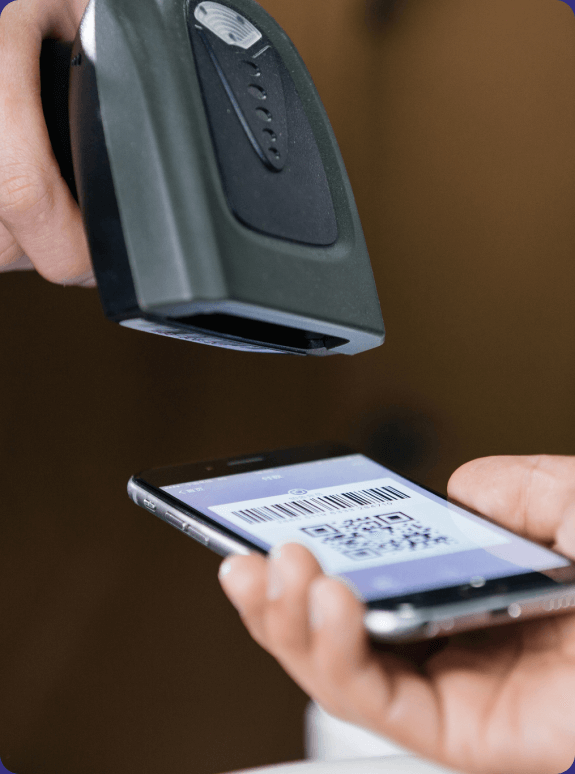
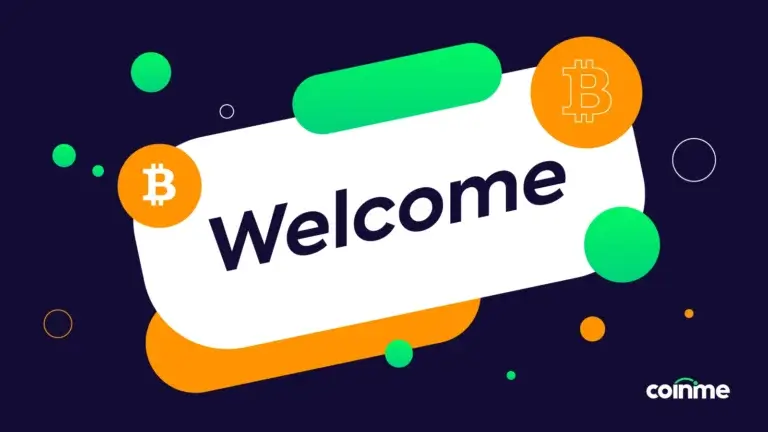
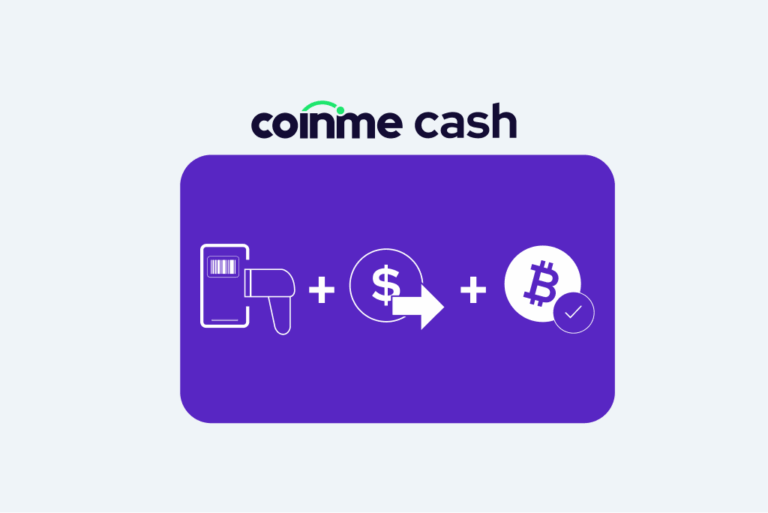

 Labs is acquiring Coinme to power the Open Money Stack.
Labs is acquiring Coinme to power the Open Money Stack.